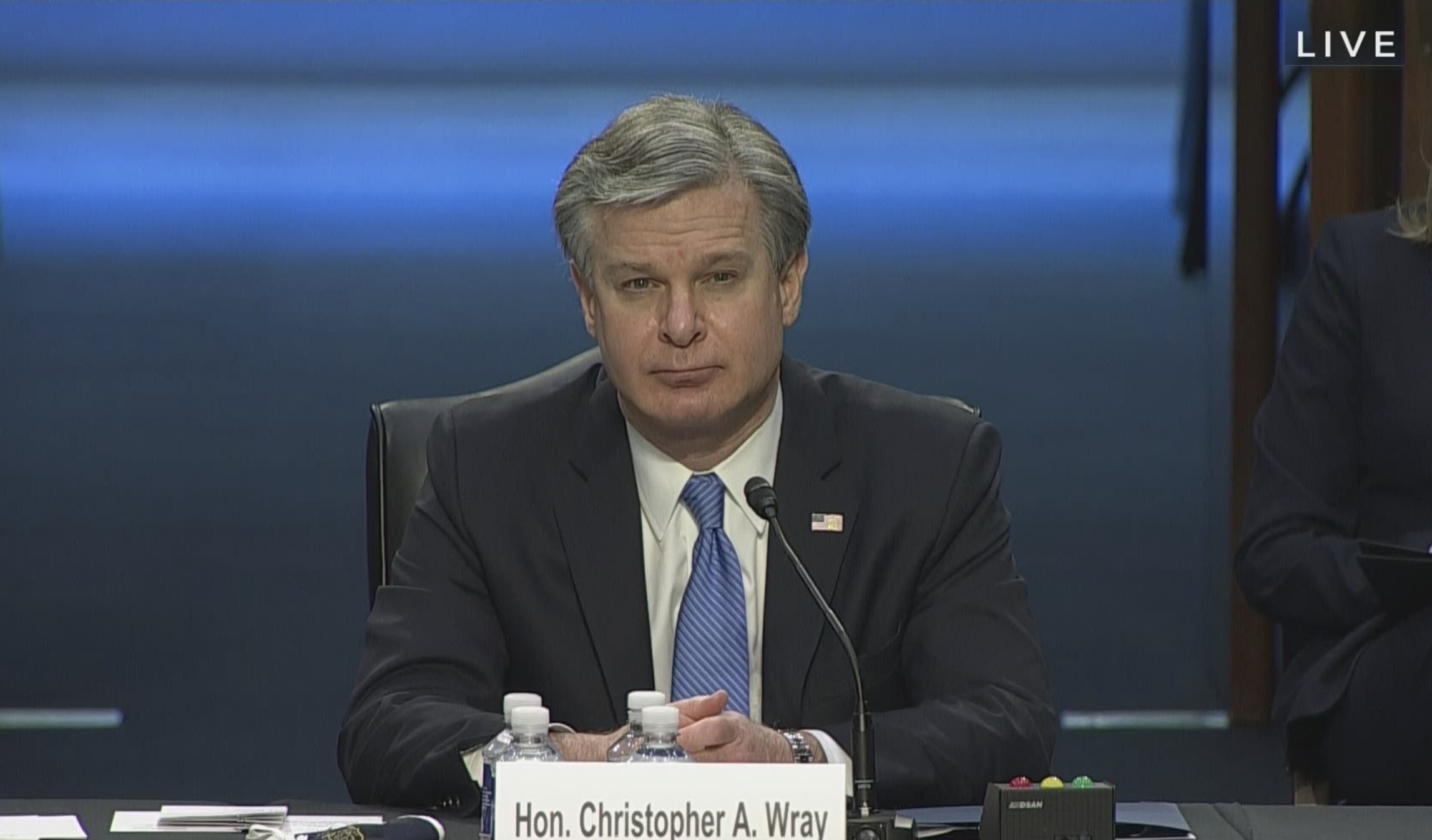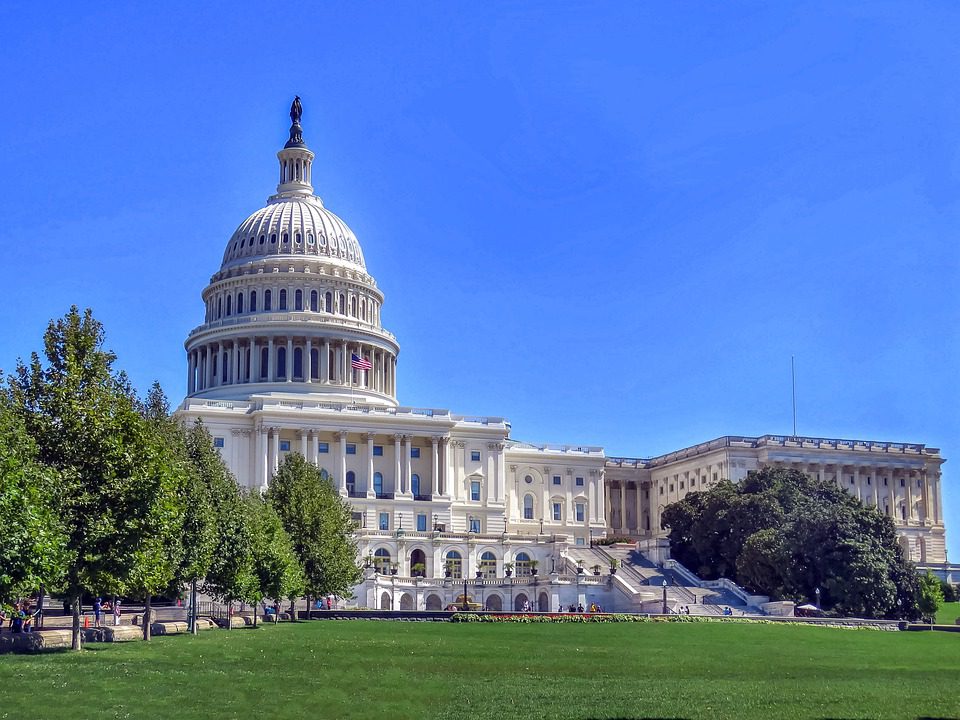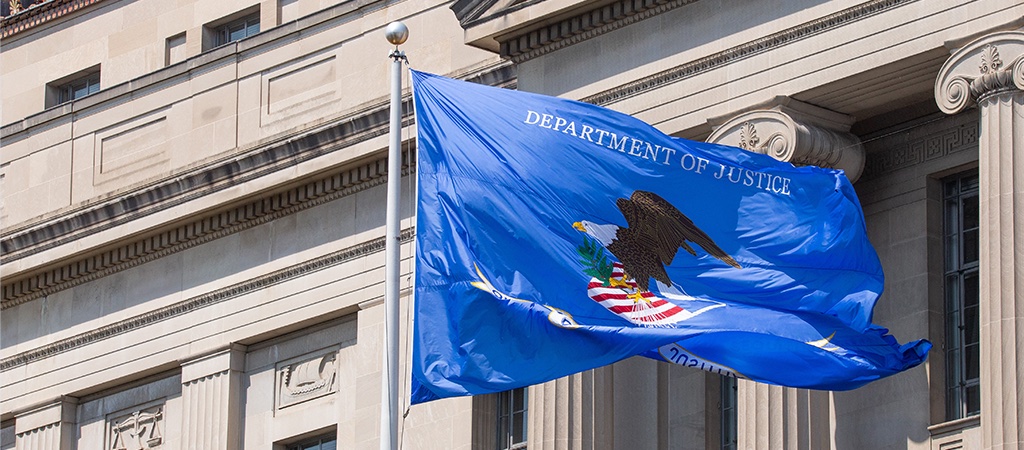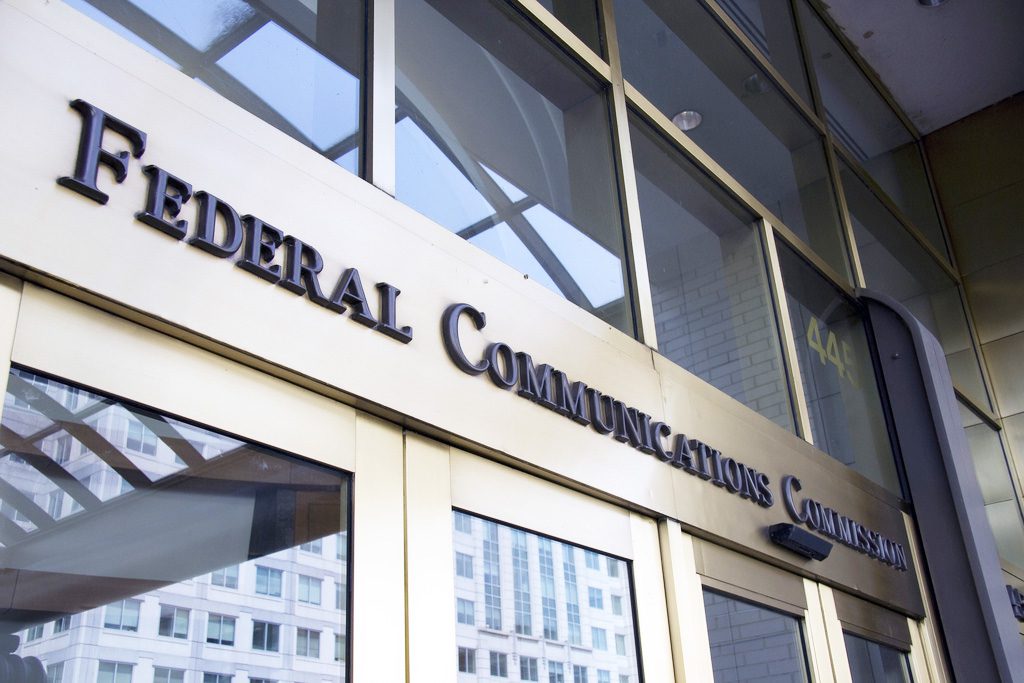Chief Justice John Roberts was the lone dissenter.
By a vote of 8-1, the Supreme Court sided with a former Georgia college student and one of his fellow Christian evangelicals who sued his school after he was prevented from expressing religious views in a free-speech zone on campus.
Justice Clarence Thomas wrote for the majority saying that the student, who was silenced by college officials even after he had obtained a permit to evangelize and hand out religious literature, can seek nominal damages even though the school ultimately changed course and the student subsequently graduated.
Justice Thomas wrote, “It is undisputed that [the student] experienced a completed violation of his constitutional rights when respondents enforced their speech policies against him. Because every violation [of a right] imports damage, nominal damages can redress [the student’s] injury even if he cannot or chooses not to quantify that harm in economic terms.”
The Court’s decision reversed two lower court rulings that had agreed with the school.
In a concurrent opinion, Justice Brett Kavanaugh wrote, “I agree with the Court that, as a matter of history and precedent, a plaintiff’s request for nominal damages can justify the redressability requirement for Article III standing and can keep an otherwise moot case alive.”
Justice Roberts argued that the Court had no place getting involved in the dispute because it was no longer an issue.
As the Lord Leads, Pray with Us…
- With thanksgiving that the Supreme Court upheld the right of free speech for students.
- For the Justices as they consider other cases regarding the First Amendment.
- For students who have the courage to evangelize and hand out Christian literature on campuses.
- For school officials to protect the Constitutional rights of students.
Sources: ABC News, Law360









